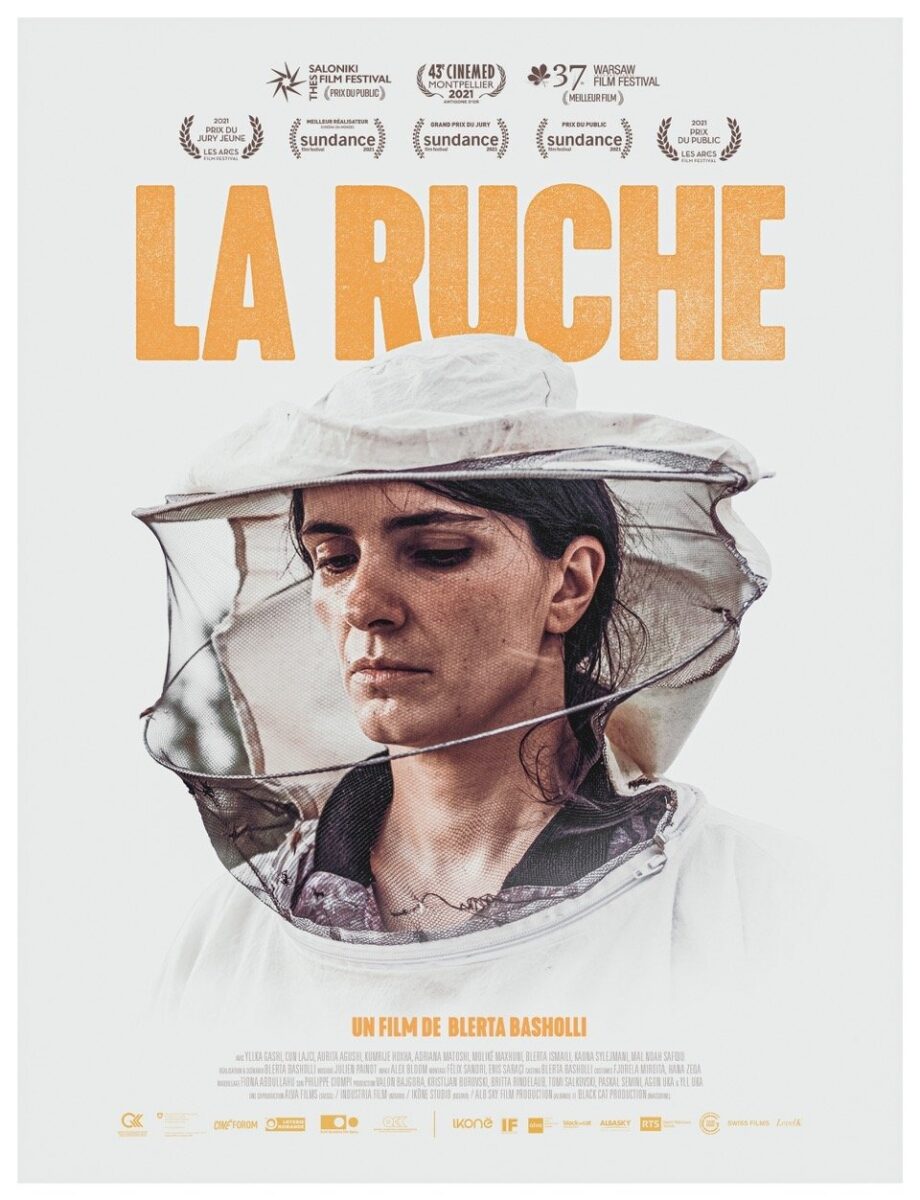The first feature film by director Blerta Basholli is inspired by a true story that took place in 1999 in the small village of Krushë e Madhe in Kosovo, after the war with Serbia-Montenegro.
Fahrije tries to take care of the beehives her missing husband had set up in front of their house. She doesn’t have his dexterity, and each of her attempts ends with a sting. To provide for her family, consisting of her two teenagers and her sick father-in-law, she decides to start a small agricultural business. Her product: homemade ajvar, a condiment made with red peppers, grilled eggplants, and garlic, nicknamed the “red caviar of the Balkans.” Her initiative disturbs the villagers, who are unaccustomed to seeing a woman working, especially when she replaces the head of the family.
Despite the honey and ajvar, the film has a taste of harshness, delivering a success story without using the tools of melodrama. Fahrije moves forward step by step, obtains her driver’s license, fixes what is broken, prepares her condiment, finds a supermarket, and sticks labels to enhance the visibility of her production… “If my husband returns one day, he will understand,” she says. Throughout the narrative and her perseverance, she convinces other presumed widows to join her.
Constantly magnetized by the stoic face of its heroine, The Hive aligns with a certain idea of righteousness, embodied by the consistent features of its actress. Silences, worn colors, and always that impassive face that bounces from scene to scene.
The Hive is the first film in the history of the Sundance Festival to have won three awards in the international category in 2021 – the Grand Jury Prize, the Audience Award, and the Directing Award.


